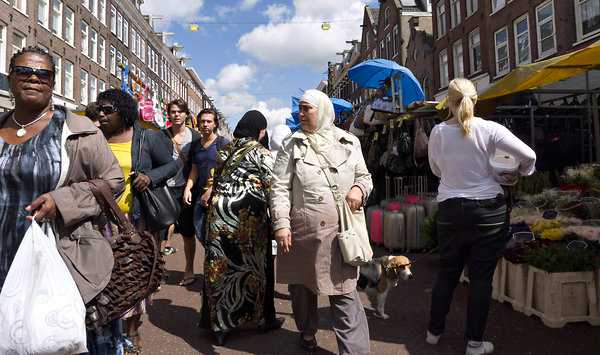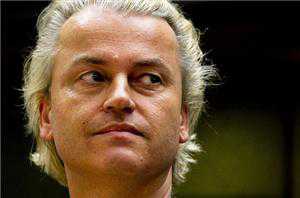By Mike Corder Associated Press
THE HAGUE, Netherlands—Dutch Queen Beatrix warned her subjects Tuesday to brace for a year of tough budget cuts as the government struggles to protect the economy from any shocks emanating from Europe’s debt crisis.
Beatrix’s speech to lawmakers in Parliament’s 13th century “Knights’ Hall” was the first written by the conservative government of Prime Minister Mark Rutte, which came to power last year pledging to slash euro 18 billion in government spending.
“The year ahead will be a year of tough savings measures that will hit everybody,” Beatrix warned, after riding from the Noordeinde Palace to Parliament in her gold-trimmed carriage through the crowd-lined streets of The Hague.
The measures included in Finance Minister Jan Kees de Jager’s budget already have been widely publicized after it was accidentally posted online last Thursday.
They include deep cuts to the country’s generous social security network and raising the retirement age from 65 to 66 in 2020 and to 67 five years later.
The government is forecasting economic growth of 1 percent in 2012, inflation of 2 percent and a budget deficit of 2.9 percent.
It has also warned that more savings may still be necessary, depending on developments in the debt crisis.
“A well-functioning European internal market and stable euro are essential for the government’s goals,” Beatrix said.
Opposition Labor Party leader Job Cohen slammed the government for a divisive package of savings.
“The pile of cuts by the Cabinet hits large groups of people,” Cohen said. “But the richest are being sheltered and the Netherlands will become weaker in the long term because of the plans.”
De Jager was formally presenting his budget package to lawmakers later Tuesday.
“The debt crisis underscores the importance of healthy government finances,” he tweeted after the queen’s speech. “Budgetary discipline is an absolute priority for this Cabinet.”
www.boston.com, September 20, 2011
Economic storm threatens the Netherlands, says finance minister
The Netherlands will have to dig its heels in to withstand the coming economic storm, finance minister Jan Kees de Jager told MPs on Tuesday, as he formally handed over the government’s 2012 spending plans to parliament.
‘We are being threatened by something, but we don’t know what is heading for us, or when”, the minister said.
‘It is clear that 2012 is going to be a difficult year for a lot of people,’ De Jager said. ‘We have to make difficult choices and they will hurt.’
€70m too much
The Netherlands is a financially solid country, but still runs a deficit and the debt is increasing. This year alone the country will spend €70m too much every day.
The cabinet is trying to carve out a leading role in restoring financial stability to the EU, he said. This is why the government is keen to tighten up eurozone budget rules and prevent the spread of the Greek crisis. In the long term ‘we have to ensure our weaker brother does not bring down other countries in its wake,’ De Jager said.
MPs and ministers will hold two days of debate on the 2012 plans on Wednesday and Thursday. The actual documents were published last week but ministers have refrained from commenting on them since then.
www.dutchnews.nl, 20 September 2011






